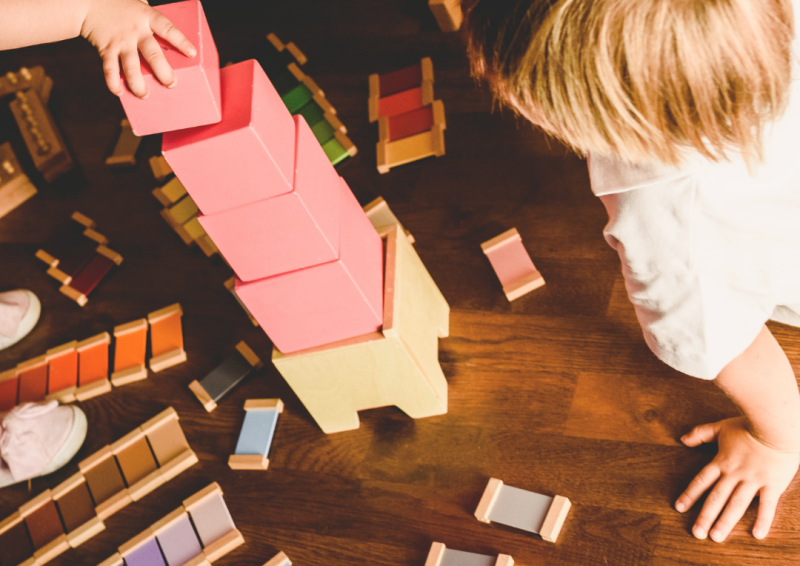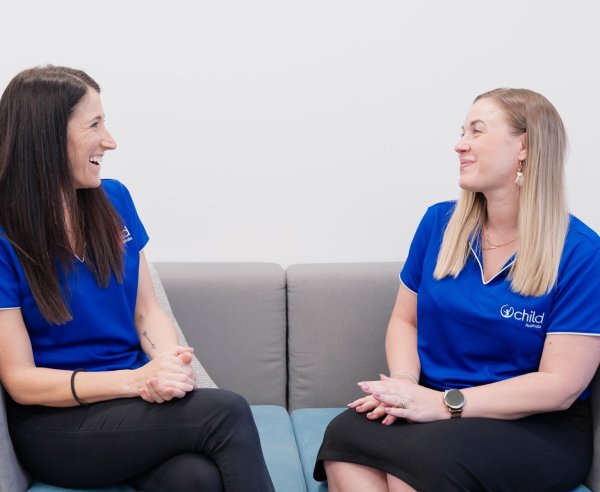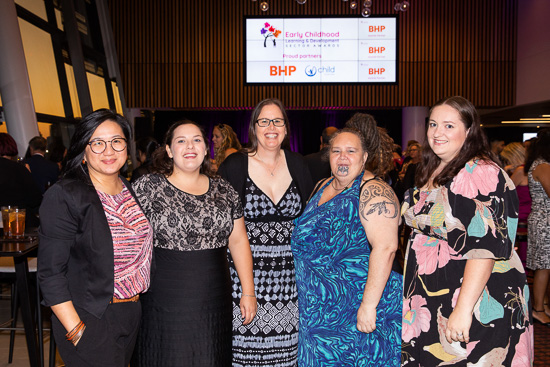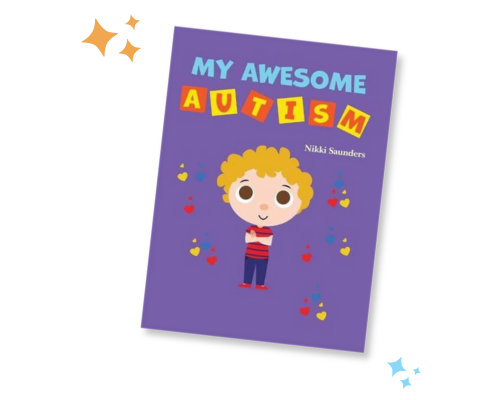As we begin to draw deep into the second half of the year, many parents whose children will begin formal schooling next year may be becoming more focused on their children’s skills around literacy and numeracy. This can create a feeling of panic from parents which translates into pressure on early childhood educators to incorporate more academically minded activities into their program.
As consultants, we often hear that parents are asking educators to encourage their toddlers to do more ‘writing’, and to focus on numbers with the 3-year-olds,. Educators are trying to do this to meet element 6.1.2 ‘Parent views are respected’; yes, the ‘expertise, values and beliefs of families are respected, and families share in decision-making about their children’s leaning and wellbeing’ but the key word here is ‘share’ (ACECQA, p.262).
Sharing is two-way. Educators have knowledge to share with parents about what is the most effective way to support children’s learning for their age, thereby assisting them to make informed decisions. Remembering that the first guiding principle of the NQF is ‘The rights and best interests of the child are paramount’ (p.10, ACECQA). The principle elaborates that rights-based approaches to delivering education and care means understanding children’s rights and implementing practice which reflects them; this includes what is in the curriculum.
As early childhood educators, from our training and work experience, we understand that children learn best through play, including the important 21st century thinking skills of collaboration, creativity, communication, and critical thinking. Katz (2010) states that ‘we tend to overestimate children academically and underestimate them intellectually’; it is through play that their intellect is developed. Parental fear of their child ‘falling behind’, ‘not meeting standards’ or maybe even wanting to ensure their child is ahead of the pack, can put pressure on children to perform more academic tasks; tasks that are too abstract for their tender years.
Through play, children engage in intellectual experiences that engage and extend their concentration, they interact with others and learn to negotiate, they overcome obstacles and setbacks through problem solving, they learn respect for and from each other and their knowledge of numeracy and literacy develops in context, in ways that are meaningful for them (Katz, 2010). The foundation for learning is created through play, which children are intrinsically motivated to do – they are driven to play, they don’t have to be forced or bribed to play.
Peter Gray, author of ‘Free to Learn’ (2018) explains that, children at a young age can begin to learn academic content; however they take longer to do so than when they are older and ‘ready’ to learn. While they are focused on sitting and focusing for longer, they are missing out on valuable playing time which helps them to learn to self-regulate and build their resilience.
In a recent study, based on the assumption that early academic teaching provides children with an academic boost for their future schooling, a program heavy in academic content, with 5.5 hrs of instruction per day, was prepared for 4-year-olds. This was compared to a control group who experienced a variety of play-based programmes including home environments. The study, conducted by the Vanderbilt University, collected data from assessments of both groups over a period from kindergarten to 6th grade.
The ‘instruction’ group performed better than the control group on all academic measures at the beginning of kindergarten, but the control group soon caught up and, by third grade, the control group performed better on all academic measures than the ‘instruction’ group. By third grade those in the ‘instruction’ group were significantly more likely to have been diagnosed with a learning disorder and had a higher rate of school rule violations than those in the control group. By 6th grade, reduced performance on all academic achievement tests, a sharp increase in learning disorders, and much more rule violation and behavioural offenses than occurred in the control group were recorded.
One of the conclusions for this included that what was missing for the ‘instruction’ group was the opportunity so create, socialise, take initiative, figure things out on their own and learn to manage themselves that 4-year-olds do through play. Time in academic instruction assumes that this is more important than important social and life skills, or that children ‘just know’ how to do this. It is true that some children learn to read and use numbers earlier but that’s because it was their own decision and linked to their interests, the difference is that it is self-directed learning rather than adult-enforced learning. These results substantial previous longitudinal studies completed by Carlsson-Paige et. al (2013), High-scope project (1970) and studies in Germany (1970). In Germany this confirmed the need to reverse the ‘academic’ trend and revert to play-based kindergartens (cited Darling-Hammond & Snyder, 1992). The evidence is there, that play, or no play, has a big impact on young children’s future.
References:
- Australian Children’s Education and Care Quality Authority. 2020. ‘Guide to the national quality framework’. https://www.acecqa.gov.au/sites/default/files/2022-05/Guide-to-the-NQF-220511-compressed.pdf Carlsson-Paige, N., McLauglin, G. & Almon, J. 2015. ‘Reading instruction in kindergarten: little to gain and much to lose’,
- Alliance for Childhood. Darling-Hammond, L. & Snyder, J. 1992. “Curriculum studies and the traditions of inquiry: the scientific tradition.” Edited by Philip W Jackson. Handbook` of Research on Curriculum. Pp. 41-78. https://highscope.org/our-practice/our-approach/ Katz, L. 2010. STEM in the early years.
- University of Illinois at Urbana-Champaign, SEE Papers: Fall. https://www.psychologytoday.com/us/blog/freedom-learn/202201/research-reveals-long-term-harm-state-pre-k-program https:// www.psychologytoday.com/au/blog/freedom-learn/201505/early-academic-training-produces-long-term-harm



